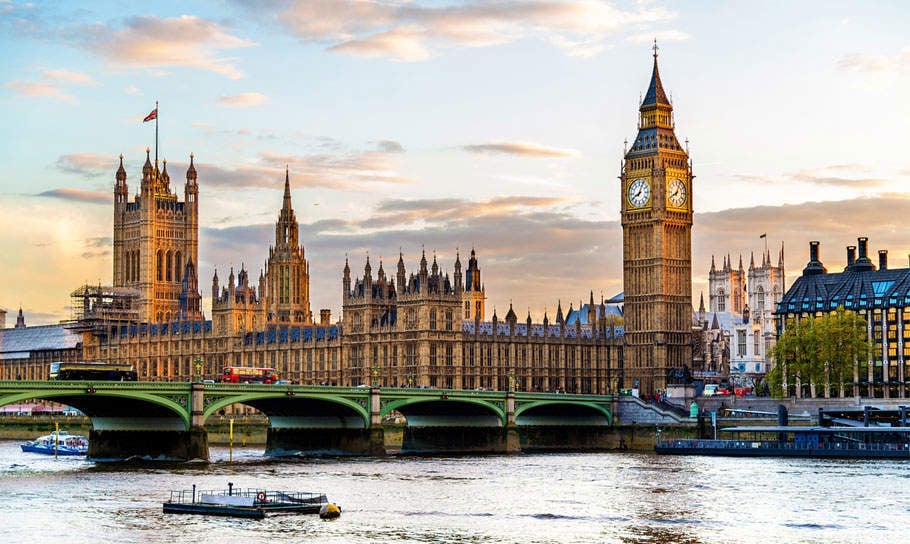Hazel Platt, Head of Tax at Grant Thornton UK, said:
“Today’s Budget was shaped by a fundamental tension, the need to tackle immediate fiscal pressures and spending demands, whilst also delivering a Budget for growth which didn’t cut across previous manifesto commitments – there were no easy choices for Rachel Reeves.
“Made even harder by the political constraints of the manifesto pledges – the Chancellor announced a patchwork of tax rises including extending the existing freeze on personal tax thresholds by a further three years until 2031, retaining the freeze on employer National Insurance thresholds and restricting National Insurance relief on pension contributions over £2,000 made through salary sacrifice from 2029.
“The silver lining of today’s Budget is that Reeves took the decision to more than double the fiscal headroom to buffer against future shocks – with the hope that she won’t need to come back for more tax rises again this time next year.”
High Net Worth Individuals
Nick Parkinson, Private Tax Partner, said:
“Uncertainty has been the feature of the year in tax policy and it is unlikely the Budget has resolved that for clients, particularly with those making the decisions coming under increased scrutiny as a result of how the Budget panned out today.
“The Chancellor seems to have left the door open to revisit some of the rumoured policy changes in the future. Today, we did see the freeze in income tax allowances, the 2% increase in income tax on certain dividends, savings and property income and the Council Tax surcharge on properties worth more than £2 million, not all of which one might regard as being a tax shouldered by the wealthiest in society.
A welcome announcement was the ability for spouses to transfer their £1 million allowance for assets qualifying for Business Property Relief and Agricultural Property Relief, bringing more flexibility to managing overall inheritance tax liabilities for married couples.
“Importantly, the Chancellor did not announce anything which closes the door to sensible wealth and succession planning which remains a priority for our clients given their lack of confidence in the tax environment.”
Employers
Jonathan Berger, Employment Tax Director at Grant Thornton UK, said:
“Pension salary sacrifice has allowed employees and employers to make National Insurance Contribution (NIC) savings on pension contributions for many years. Employers often share these savings to boost employee pensions. However, from April 2029, these NIC savings will be limited to £2,000 of contributions. Although there were concerns this would take effect from the next tax year, employers and employees can still benefit until April 2029, giving them time to prepare for the change.
“Middle earners, especially those earning under £50,000, will be particularly affected, paying 8% NICs on contributions above the new threshold, while higher rate taxpayers will pay 2%.
“Employers face a greater impact, with a 15% NIC rate on amounts sacrificed over £2,000.
“The practicalities are important, but for most employers, the main question is: ‘What is the best way to minimise the impact on the business and employees who are saving for their future retirement?’
“This change is likely to increase costs for employers who currently benefit from pension salary sacrifice, especially those who have encouraged higher pension savings. It could also result in significant changes to pension saving behaviours, potentially affecting the success of auto-enrolment.
“Many employers now pass on some or all employer NIC savings to employees through enhanced pension contributions, but this approach may need to be reconsidered, which could negatively impact pension saving. Consideration should also be given to other employer provided benefits that may potentially offset the impact on pension contributions.”
SMEs and Entrepreneurs
Tim Taylor, Entrepreneurial and SME Services Partner at Grant Thornton UK, said:
“Entrepreneurial and SME businesses are the foundation of the UK economy and have the means to provide the growth the Chancellor is seeking. As outlined in today’s Budget, more than half of new jobs created are done so by scale-up organisations, who continue to call for support at a time when both inflation and energy costs are proving stubbornly high.
“We welcome the announcement of widened eligibility for enterprise incentives, alongside the UK Government’s call for evidence on how our country’s taxation systems can better support entrepreneurs. In addition, the Chancellor’s commitment to provide free apprenticeship offerings for SMEs will allow firms the opportunity to onboard new skills and talent which could prove transformative in unlocking productivity gains.
“However, despite these advancements, today’s Budget has also brought additional strain to small businesses across the country. The proposed national minimum wage and national living wage increases could add around £1,500 and £900 respectively per full-time employee which, alongside the recent employer’s national insurance hike, has the potential to suffocate already struggling entrepreneurs.
“On a final note, while the UK still has very attractive offering for anyone looking to start a business today, if the proposed changes to inheritance tax and tax rates on dividends are implemented in full over the coming years it may threaten that status.”
